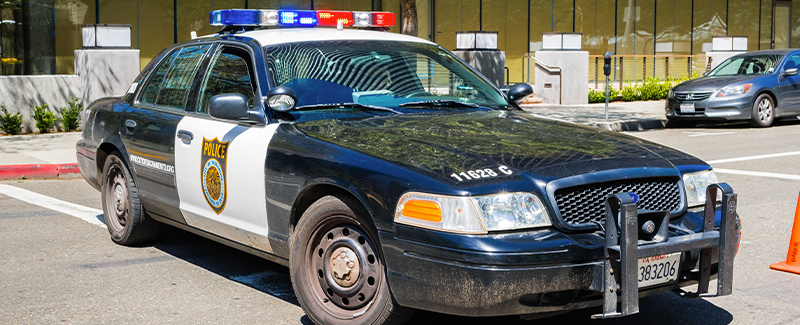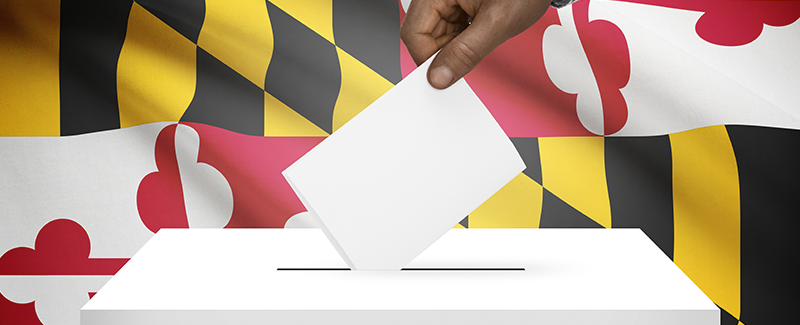Seth Rogen has voiced support for the expungement of crimes related to cannabis use. The celebrity recently sponsored a panel to speak about racism within the war on drugs and the cannabis industry. The panel, “Reimagining Justice: Race, Cannabis, and Policing,” was organized by the Marijuana Policy Project. It featured discussions on the incarceration of cannabis users, the disproportionate arrests of people of color, and the ways in which expungement can rehabilitate those who have suffered from the criminal justice system. During the panel, Rogen explained, “The war on drugs was racist, is racist.”
His claims are strongly backed by an ACLU report which found that Black people were 3.6 times more likely to be arrested for cannabis possession than white people, despite white and Black people using cannabis at nearly the same rates. Targeting people of color for cannabis possession is perpetrated through politicians spreading the myth that cannabis use is more prevalent in Black communities. This false narrative has led to those with drug charges suffering even after cannabis becomes legalized in their state; suffering that Rogen and his colleagues believe can be healed through expungement.
Rogen described expungement as, “a step in correcting some of the wrongs and giving back some of the rights that these people, who have been negatively affected by the war on drugs, had taken away from them for no reason.” Rogen is currently working with National Expungement Week to raise awareness and education on expungement for those charged with cannabis crimes.
If you or someone you know currently suffers under the oppression of the criminal justice system, please visit easyexpunctions.com to find out if you can expunge your unfairly acquired criminal record. We’ll get you started with a free background check and determine your eligibility for an expunction or nondisclosure. Get in touch with us today to take your first steps toward a fresh start.








